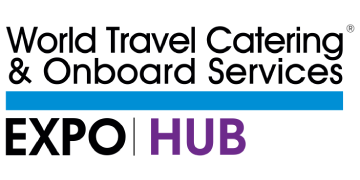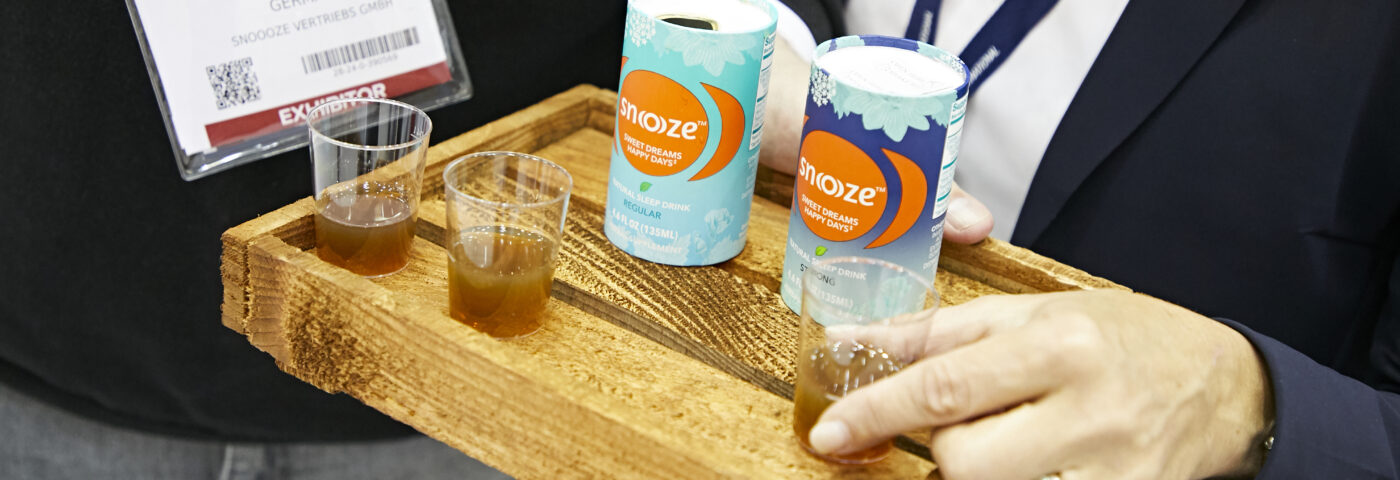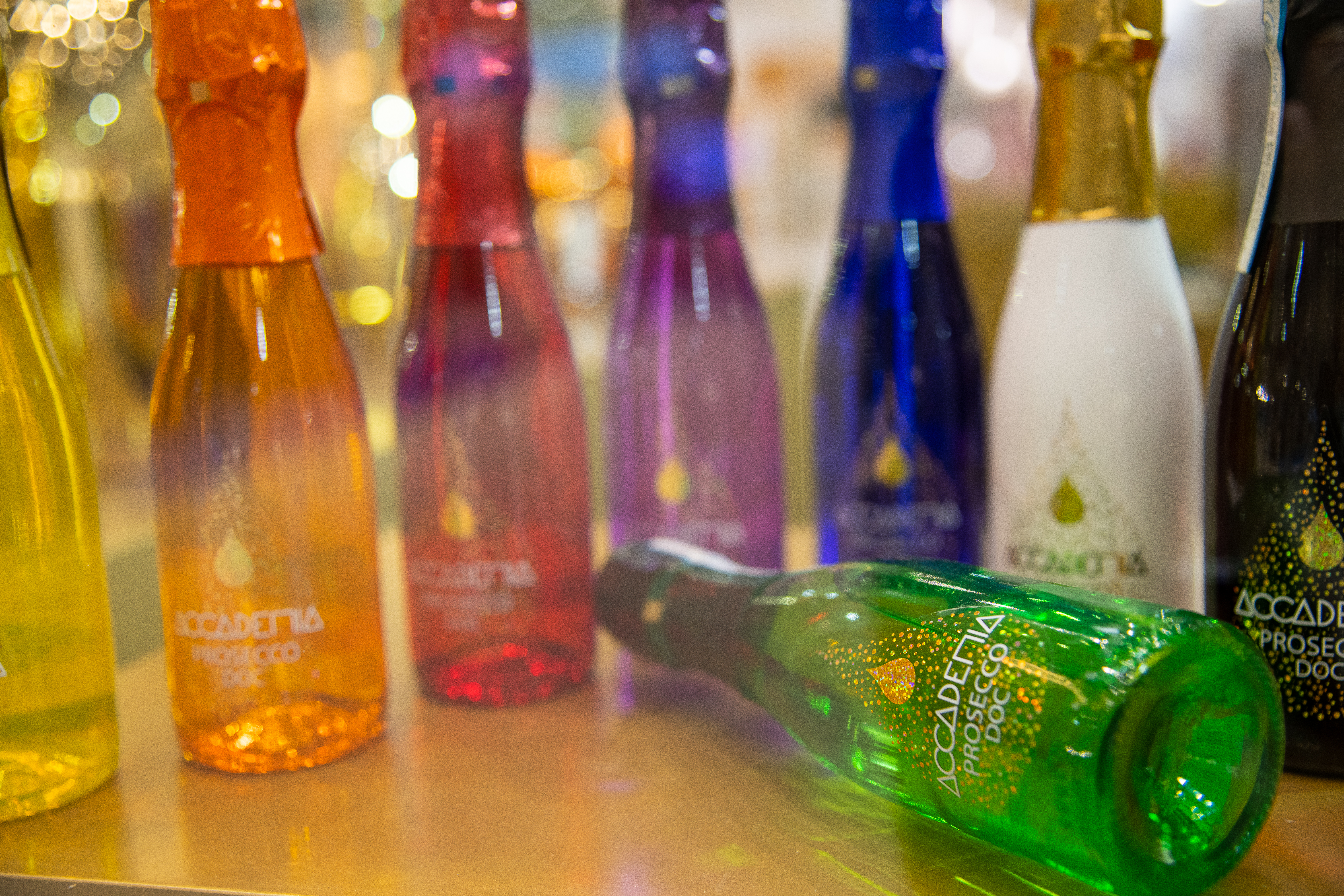
What are the current market trends?
The Dry January challenge is an annual campaign started by Alcohol Change UK that brings people together to put their drinking habits on hold at least for a month. It started in 2013, when an estimated 4,000 individuals joined the challenge. Every year, the number of participants continues to rise. In 2022, more than 130,000 UK citizens signed up. US adults also joined, with 35% skipping alcohol for the entire month. And on its 10th anniversary celebration, the organisers expect more people to join!So how does this affect businesses? The low- and no-alcohol beverage industry is growing, including within the onboard sector. The travel industry accommodates different types of passengers every day, from young and old to drinkers and non-drinkers. On any given flight, an airline may encounter a person who is pregnant, someone who is controlling their alcohol intake or simply not a fan of drinking alcohol, minors and those who abstain for religious reasons.CBD Beverages Market Revenue to Cross USD 4866.41 Mn, Globally, by 2028 growing at 22.7% CAGR – Brandessence
With the wide diversity of passengers, non-alcoholic beverage catering is always a consideration for onboard. 1 in 3 or 32% of UK drinkers now opt for low- and no-alcohol drinks, and this is not just during the Dry January period. This is an increase from 2020 statistics where recorded low alcoholic drinks and no-alcohol beverage consumers were only 1 in 4 or 25% across the UK. This just shows that the industry needs to be able to provide consumers with a wide range of lower alcohol options. Airlines cannot afford to alienate customer bases with limited options.“Sales of non-alcoholic beverages spiked 33%, to $331 million in the last year” Washington Post
What are low- and non-alcoholic drink offerings?
In the UK, about 14 billion litres of non-alcoholic drinks were consumed in 2021. And the largest share of the United Kingdom’s non-alcoholic beverages market is carbonated soft drinks, which is at 38.3%. And this market is expected to grow further. According to a study conducted by The Insight Partners, the global non-alcoholic beverages market is expected to grow at a CAGR of 6.2% to US$ 1,888.57 billion by 2028. So choosing which low- or non-alcoholic beverages to invest in is a potentially lucrative area of R&D for onboard carriers.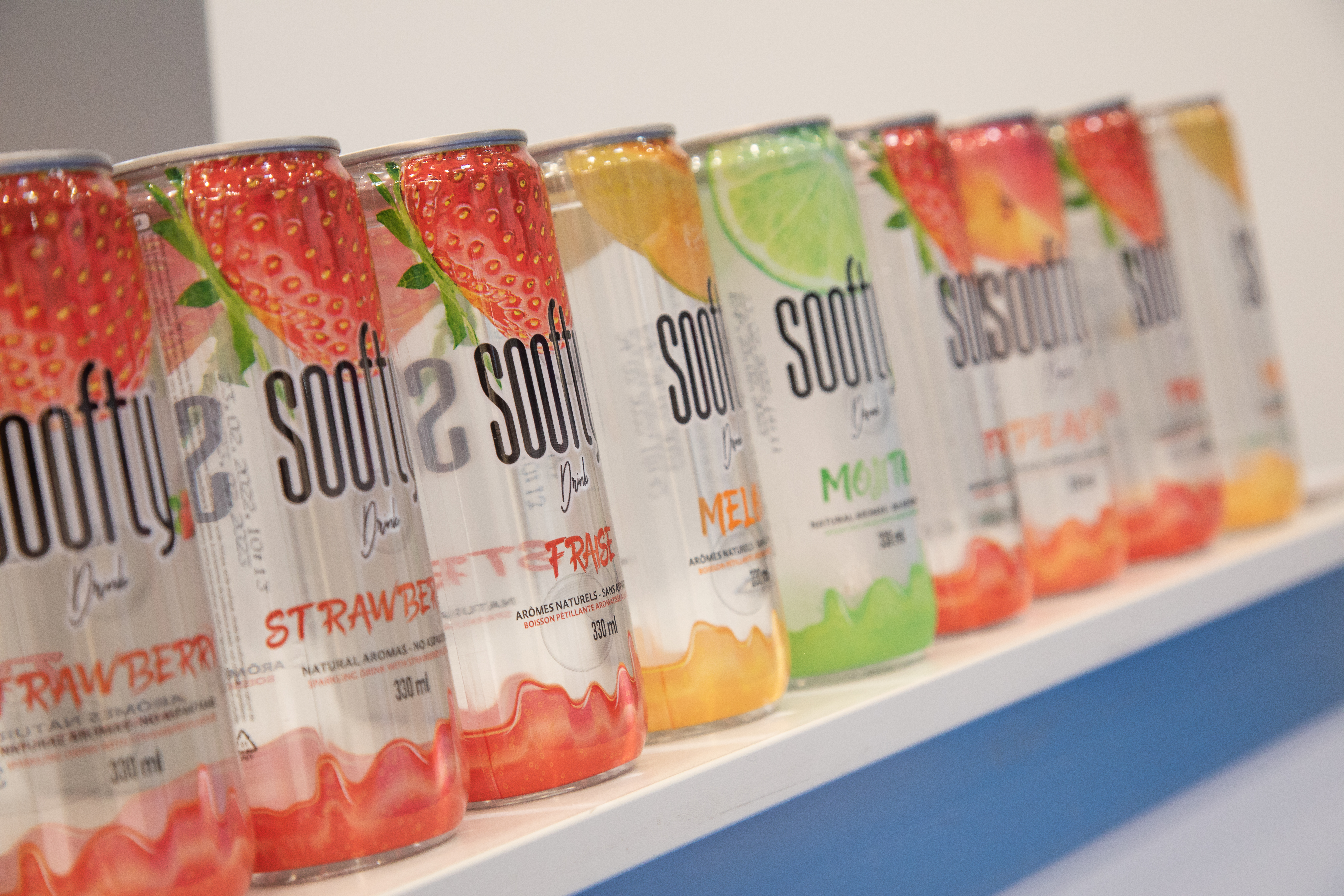 Here are some suggestions:
Here are some suggestions:
Mocktails
This is a type of non-alcoholic drink that replicates the flavour of alcoholic cocktails, usually as a combination of sodas, juices, herbs, and infused syrups to create a unique and sophisticated flavour. These non-alcoholic beverage is gaining popularity that Google Trends reports a 42% increase in online searches for the word “mocktail” in 2020. Mocktails are already being served in Emirates, Singapore Airlines, and Virgin Atlantic.Alcohol-Free Spirits
If you want to enjoy a drink with a delicious spirit flavour without alcohol, non-alcoholic spirits are the best choice. These are simply distilled drinks that contain low to no alcoholic content at all. This type of drink undergoes similar traditional distillation processes, which control the amount of alcohol content. The taste of alcohol-free spirits varies per brand and its manufacturing process. The usual spirits like rum, tequila, gin, and whiskey have an array of alcohol-free alternatives in the market. In the non-alcoholic beverage sales growth, alcohol-free spirits account for a 0.06% share of sales, which indicates that this kind of drink is also beneficial to the onboard industry.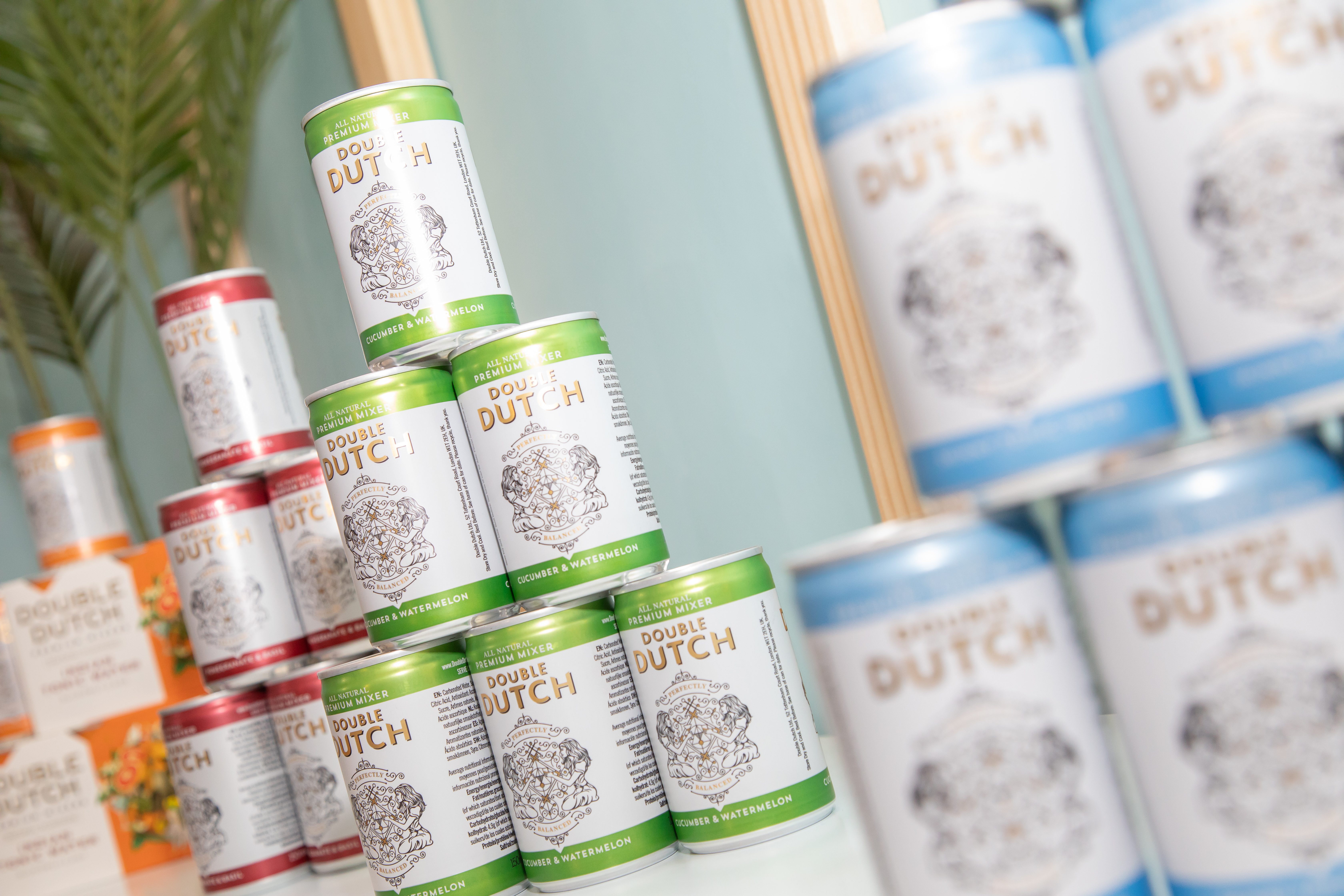
Non-Alcoholic Beers
Beers can also be buzz-free! With its estimated valuation of $40 billion by 2032, making non-alcoholic beers a part of onboard services is surely advantageous. The alcohol by volume (ABV) of non-alcoholic beers typically ranges from as low as 0.001 to 0.5%. Taste is subjective and depends on the brewing process and the ingredients used. If you want to offer non-alcoholic beers to your customers, you have several options on the market, including Heineken 0.0, Wellbeing Brewing, Budweiser Zero, Suntory All-Free, and Santa Clausthaler.Non-Alcoholic Wines
There has been a worldwide demand for this type of non-alcoholic beverage, which means it’s also a must-include part of the onboard menu. This sector is expected to surge at a CAGR of 10% from 2023 to 2033. It is made using the same steps as traditional wine, but the alcohol is removed during the last part of the process. This can be done either through reverse osmosis or vacuum distillation. Getting the alcohol out of the wine may alter the taste a little bit. However, the flavour profile of non-alcoholic wines remains the same as that of traditional ones. Some of the best non-alcoholic wines on the market include Ariel Cabernet Sauvignon, Leitz Eins Zwei Zero Riesling, Giesen Marlborough Sauvignon Blanc, Pierre 0% Rosé, and Töst.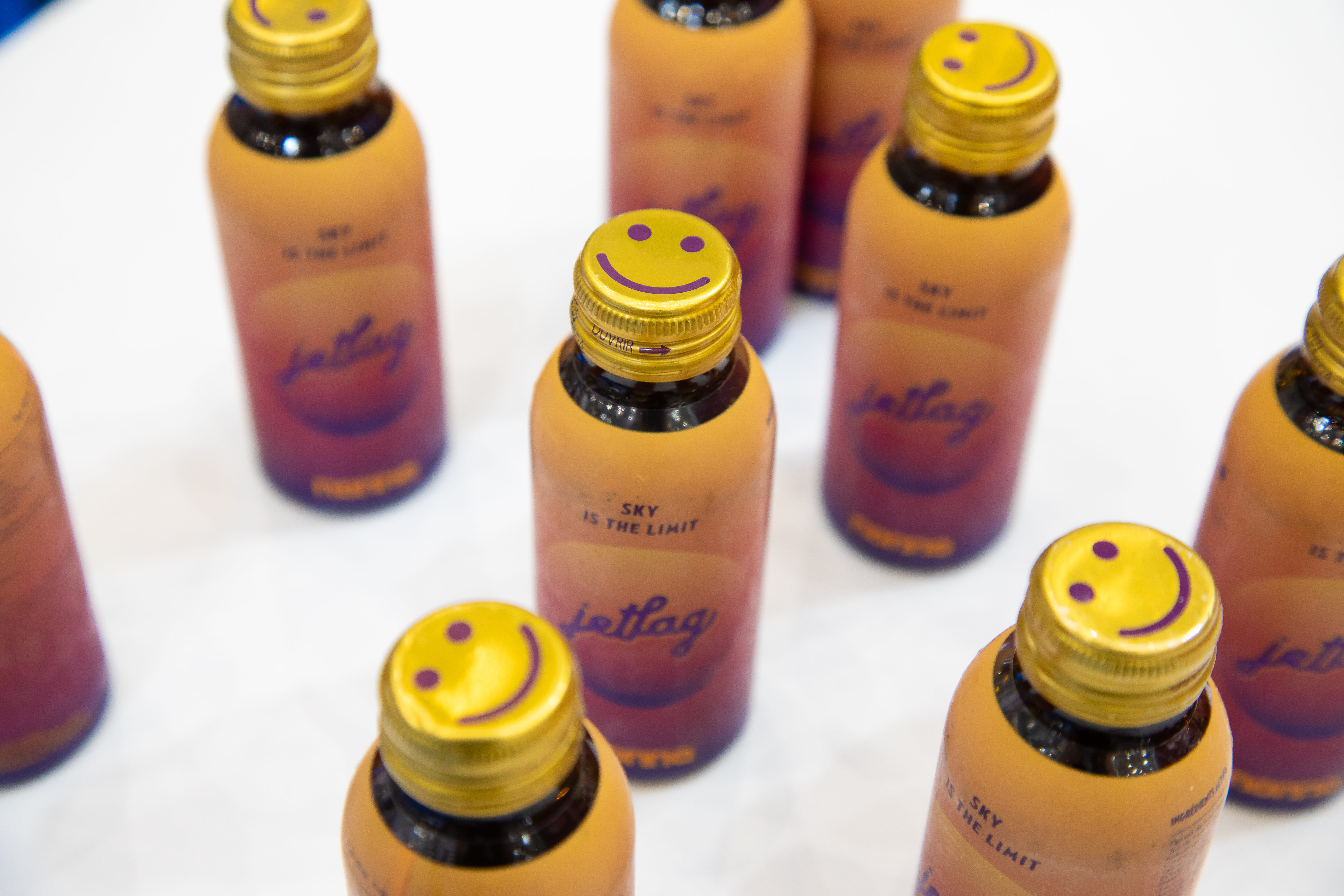
How low- and non-alcoholic beverages changed the market
Drinking trends are changing, and the low- and non-alcoholic drinks market is experiencing rapid growth. Gone are the days wherein alcohol abstinence is stigmatised. Low- and non-alcoholic drinks have long existed but were mainly served for children who were eating out with their parents. In recent years, there has been a shift in how people want to drink. There is a growing demand from people looking for alcohol alternatives resulting in the rise of the low- and non-alcoholic beverage market. According to IWSR research, 58% of low- and non-alcoholic drink consumers choose these products to avoid the negative effects of alcohol consumption. Demand increased during the pandemic as consumers became more health conscious. A study also shows that there is a decline in the consumption of alcoholic drinks in younger generations, and there is little sign that it is reversing. To adapt to these consumer trends, beverage alcohol companies are continuing to develop non- or low-alcohol versions of their existing drinks. Traditional brewers are working to meet this demand without compromising the drink’s aroma, mouthfeel, and, most importantly, flavour. Companies need to partner with suppliers that understand technicalities such as malt types and fermentation techniques, managing yeast cultures, and adjusting aroma and flavour after lowering or eliminating alcohol.See exhibitors with low- and no-alcohol offerings at WTCE.
What airlines have low- and no- offerings?
The low- and non-alcoholic drink market is growing more and more and is also taking over the airline industry. Several airlines offer non-alcoholic beverages to cater to their customers who are abstaining from or want to take a break from alcohol, as well as those whose religious beliefs or health conditions prohibit them to do so. Some carriers have temporarily suspended serving alcohol altogether or on certain flights only. The decision also depends on social conditions. For instance, some airlines in the United States have decided to implement alcohol restrictions on their services due to an influx of rowdy passengers. Aircraft based in the Middle East, such as Saudi Arabian Airlines, Royal Brunei Airlines, and EgyptAir, fly alcohol-free as there are significant Muslim populations in these countries. Thus, it’s only fitting for such airlines to prohibit serving alcohol to their customers. Check out just some of the airlines that offer non-alcoholic drink options: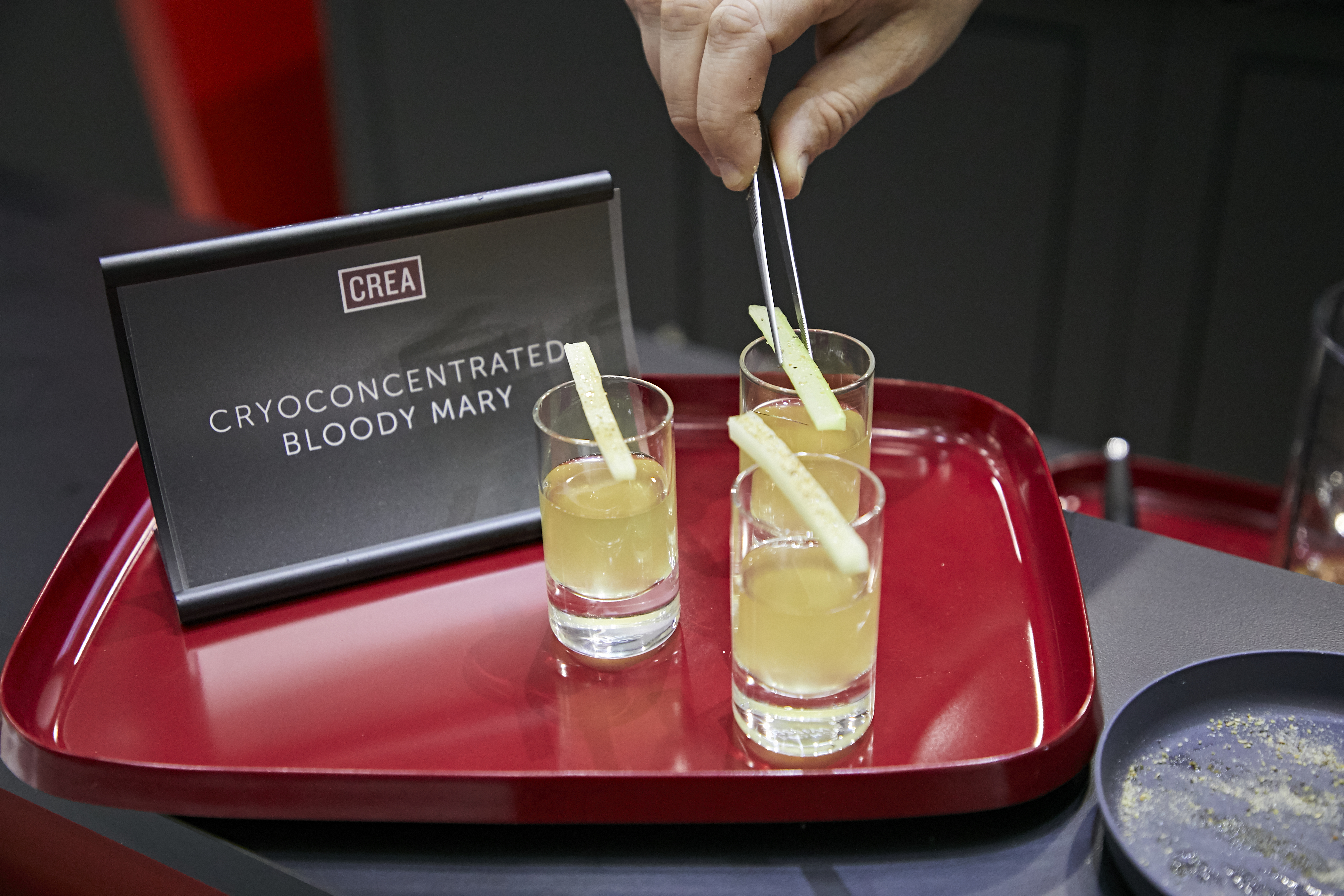
Cathay Pacific
Its signature drink, Cathay Delight, can be served as a mocktail or paired with the passenger’s choice of alcohol. The drink is composed of milk, coconut milk, kiwi juice, and mint leaves. Another mocktail from Cathay Pacific is the Oriental Breeze, which is a blend of sour plum tea, cranberry juice, lemon juice, honey, and rosewater, garnished with a dried rosebud.Finnair
The flag carrier of Finland provides its clients with flavourful juices and mocktails, with the blueberry juice drink being the most popular order. The Finnair-branded blueberry juice is even available in selected Finland supermarkets. Finnair also reopens its platinum wing lounge at Helsinki airport wherein the bar offers summer cocktails, mocktails, and barista coffee.Emirates
One of the two flag carriers of the UAE offers several mocktail options, including an Apple Spritzer, a Virgin Cucumber Gimlet, and an Orange Fizz, which is a mix of ginger ale and orange juice.Qatar Airways
Qatar Airways is serves the world’s “first luxurious non-alcoholic sparkling drink”, So Jennie’s premium, non-alcoholic rosé. Other mocktails available onboard are Pineapple Margarita, Orangeade, Pineapple Punch, Spiced Tomato Juice, and Apple Cooler.Malaysia Airlines
Business class passengers can enjoy Malaysia Airlines’ signature mocktail called Wau Emas. The non-alcoholic drink contains tart pineapple juice, pandan syrup, and effervescent soda water.Virgin Atlantic
This British airline carries a unique no- and low-alcohol cocktail menu onboard. This includes The Bold Spritz, which is a combination of soda, lemon, and Regal Rogue Bold Red vermouth, as well as the Shepherd’s delight, which is a mix of Fever Tree ginger ale, Seedlip Spice, and a lemon slice.United Airlines, Inc.
This major American airline offers different types of non-alcoholic beverages, including a selection of Seagram’s® products such as Ginger Ale, Seltzer Water, Tonic Water, and AHA Orange Grapefruit Sparkling Water. United Airlines’ airport lounge, The United Club℠, also serves non-alcoholic drinks. In its lounge in Newark Liberty International Airport, it has three non-alcoholic Clean Co. Spirits which are gin, rum, and tequila.EVA Air
The Taiwanese international airline’s inflight beverage bar serves two types of mocktails. One is the Amber Dream which is made of ginger ale, apple juice, and cranberry juice. The other one is Sonata in the Air, which consists of Sprite, cranberry juice, and pineapple juice. The EVA air alcohol policy also includes a selection of alcoholic drinks available included in the ticket price for long haul flights.Why is this growing market so important?
It’s no surprise that the no and low alcohol market size is growing rapidly, when considering the benefits for passengers, including: 1. It’s healthy More people nowadays are becoming health conscious, and this includes passengers. One research shows that people consider not only the taste but also the health attributes of inflight offerings. With non-alcoholic beverage catering, you will be able to meet the demand of health-conscious customers as these drinks are gentle on the vital organs and contain antioxidants. Also, those who are trying to cut back on calories need not worry as alcohol-free drinks have fewer calories and often have less sugar. 2. Uses natural ingredients Low alcoholic drinks or non-alcoholic beverages are a blend of fresh fruit juices, herbs, spices, syrups, and creams. Some also contain botanicals such as roots, leaves, and flowers. The drink then goes through a distillation process to retain the taste of the alcoholic drink it tries to replicate. 3. Can adapt to religious traditions A few religions forbid alcohol consumption. However, with the innovation of the low- and non-alcoholic beverage industry, you’ll surely be able to find a drink that doesn’t compromise your beliefs. These drinks are mostly halal-approved, and their producers work on getting official certifications just so consumers who are concerned with their beliefs will still be able to indulge without feeling guilty. 4. Can meet any dietary restrictions Most types of diets restrict practitioners from drinking alcohol. It’s understandable since regular alcohol consumption can cause weight gain. Low- or non-alcoholic beverages are ideal for those who are following a certain diet. Whether it’s a Vegan Non-Alcoholic Mimosa or a low carb mocktail Gin Fix, you’ll be able to find a drink suitable for your diet. 5. Allows people to blend in Passengers no longer need to sacrifice indulging in refreshing beverages. With plenty of alcohol-free options, they can now consume drinks that taste just like alcohol without getting too drunk or disrupting any particular health condition.WTCE Exhibitors offering low- and no-alcoholic drinks
&Stirred Cocktail Mix 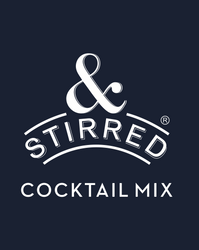
This company prides itself on offering consumers’ favourite low- or non-alcoholic drinks in a tetra pack. Its customers can easily drink wherever and whenever they prefer. Plus, its products are available in a pitcher size, allowing customers to easily share the drink with their family or friends. Its instant mocktails include the mountain mojito, classic colada, and mango colada. Cocktail mixes like the Cosmopolitan, margarita, and whisky sour are also available.
See &Stirred’s exhibitor profile
So Jennie Paris 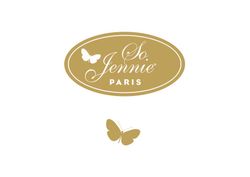
In 2011, Jennie Kergoat-Ruelland was organizing a princely wedding in Abu Dhabi when she realized the lack of non-alcoholic drink options in the market.
This is where the spark to produce alcohol-free sparkling wines started. She spent several months developing and refining the right formula, and eventually, So Jennie Paris was born. The business offers 0% alcohol sparkling wines that are low in calories.
See So Jennie Paris’ exhibitor profile
Lockdown Liquor Co 
The company is an award-winning premium blended cocktail business, but it also offers non-alcoholic blends in its product offerings. It provides customers with a liquor-free version of the classic Forest Picante, as well as the company’s exclusive non-alcoholic take on the Seaward Pepino drink. Its beverages are crafted by expert mixologists.
See Lockdown Liquor Co’s exhibitor profile
If you are an exhibitor, log into your dashboard to add your products now.
